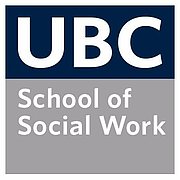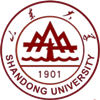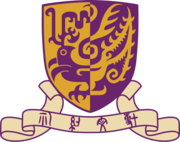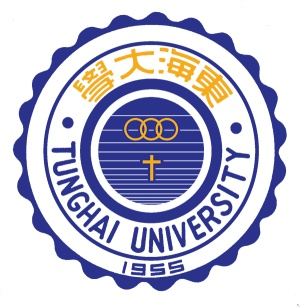-
Practice More and Learn More: Snapshot of lecture 5 & 6
In the lecture 5 and the lecture 6 today, the professors from University of California (Los Angeles) , the Hebrew University of Jerusalem and Minzu University of China explained the cultural adaptability of school social workers and the methods and skills of online group work. The students in the ISUSW 2021 continue to meet on the Internet together to learn relevant knowledge and experience of online social work.

Professors Rami Benbenishty, Ron Avi Astor and team members taught lecture 5 titled “The Necessity of Providing Online Cultural Language and Appropriate Materials for School Social Workers”. The lecture was jointly introduced by four professors from the United States, Israel, Colombia, and China. By explaining the “Welcome, Empowerment, Supervision and Mapping ( WEMA )” manual, we can understand the language and cultural factors in the translation of the WEMA manual, that is, when social workers read the WEMA manual and try to deal with bullying or violence on campus, they should pay attention to the adaptation of local culture.
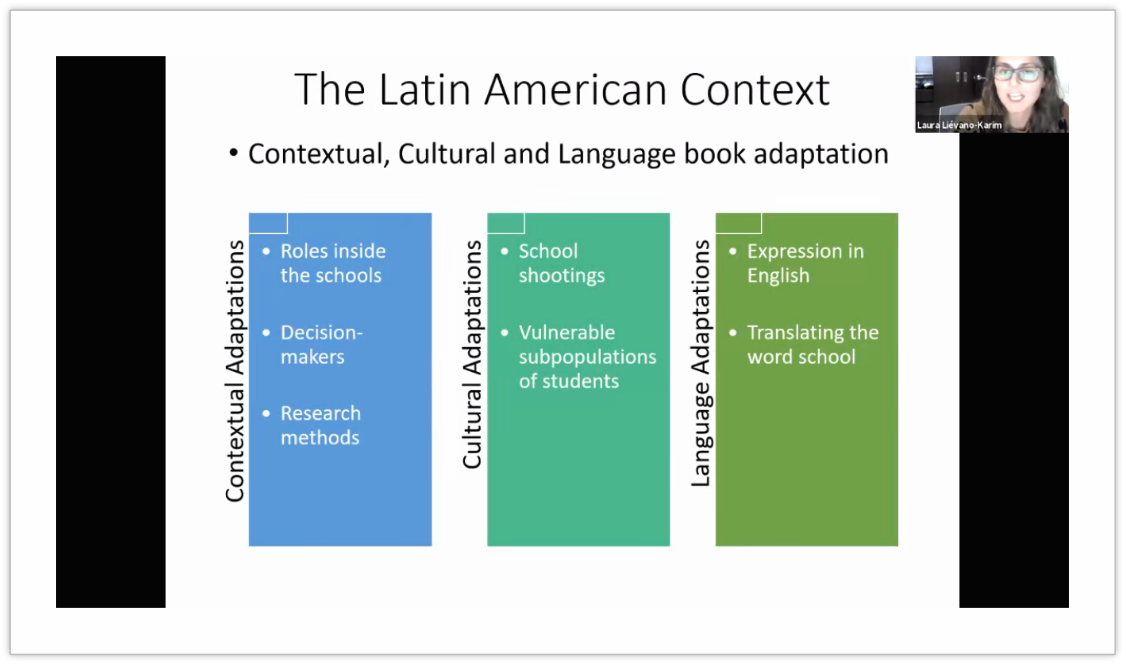
In addition, the professors described the influencing mechanism of campus bullying or campus violence they constructed, mainly sorting out some influencing factors of campus violence. Students, families, neighbors, communities, information tools, culture, and even the globalized world will impact schools, namely, school organizations and school atmosphere, thus affecting campus violence or campus bullying. On this basis, a set of specific methods that use students’ voices, teachers, parents, and administrators can be used at all levels, namely WEMA. The professor also emphasized that social workers must learn online through the cloud, understand more diverse cultures, work, and skills and pay attention to the “localization”.
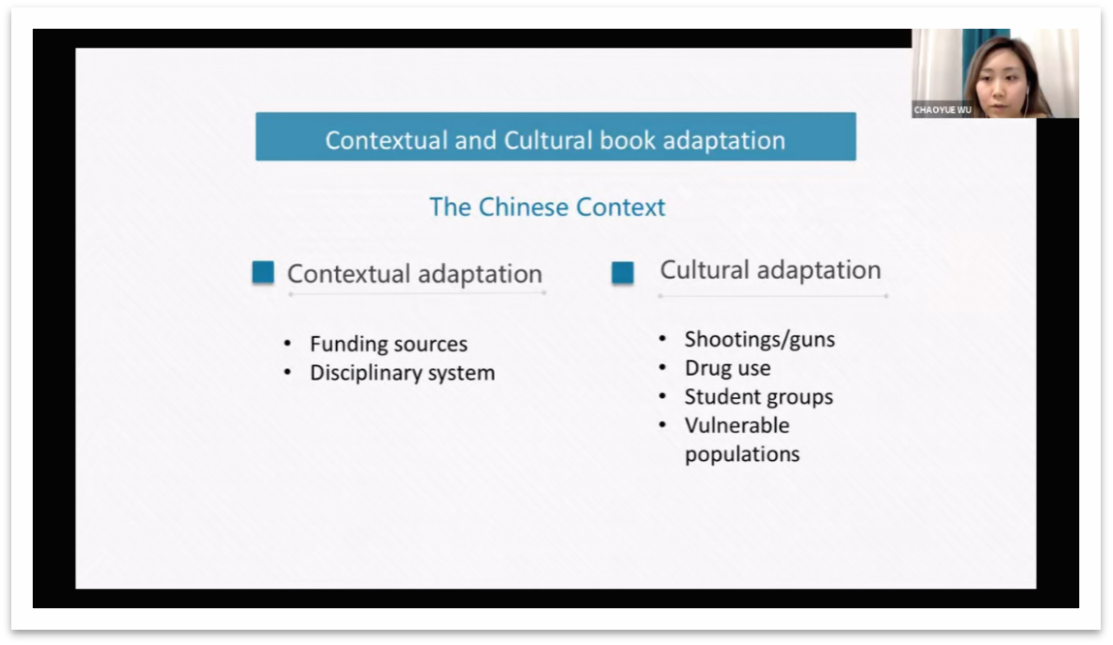
Professor Hui Yang from Minzu University for China teaches lecture 6 “Online Group Social Work”. The professor described online group work in detail from three aspects: literature, practice, and summary and reflection. At the beginning, literature of online social work for cases, groups, and communities was reviewed. In the digital age, social work practice faces many challenges and opportunities. Online application tools can enrich and promote social work practice, but we should also pay attention to relevant ethical issues and crisis management issues. Subsequently, the professor showed the framework system of social work at present, divided into four stages.
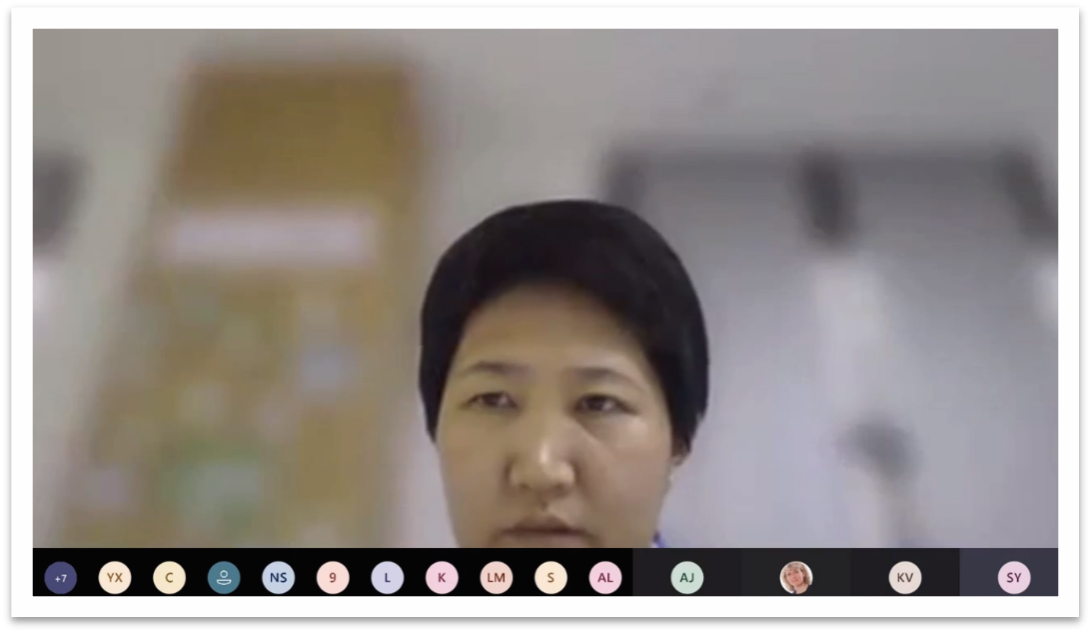
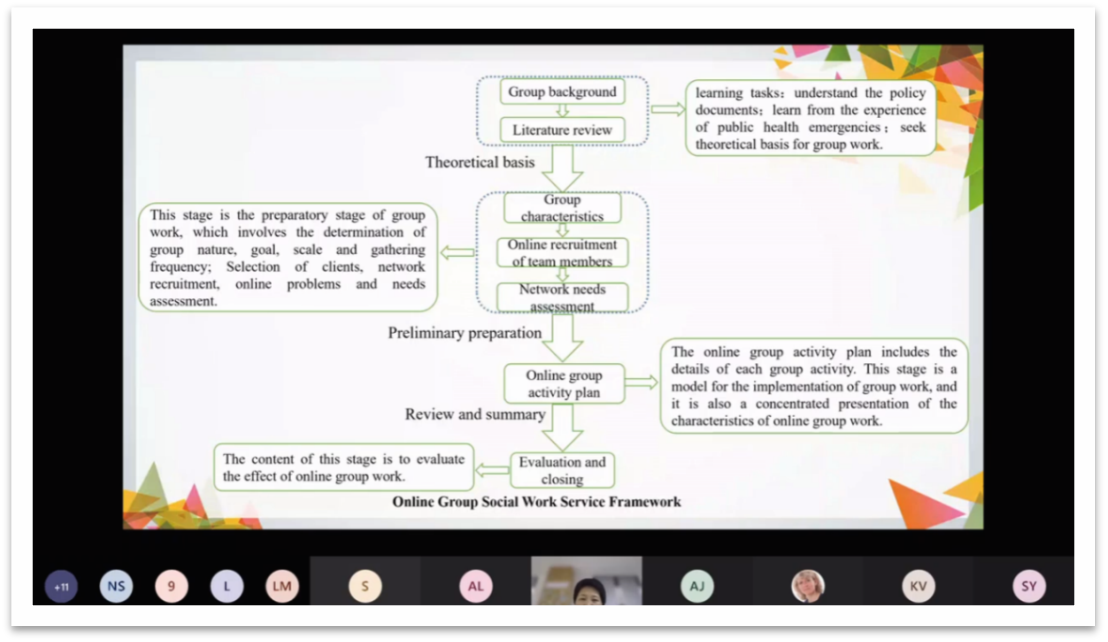
Secondly, in the practical part, the professor gave a detailed presentation of the services provided to the affected populations of the new coronavirus, including the mutual assistance group for happy growth of children, the senior three relief group, the mutual assistance group for the elderly, the physical and mental health support group for overseas students, the self-efficacy improvement group for chronic patients and the mobile phone dependence correction group. Particular emphasis on “snowball” way of recruiting members and three-stage assessment.
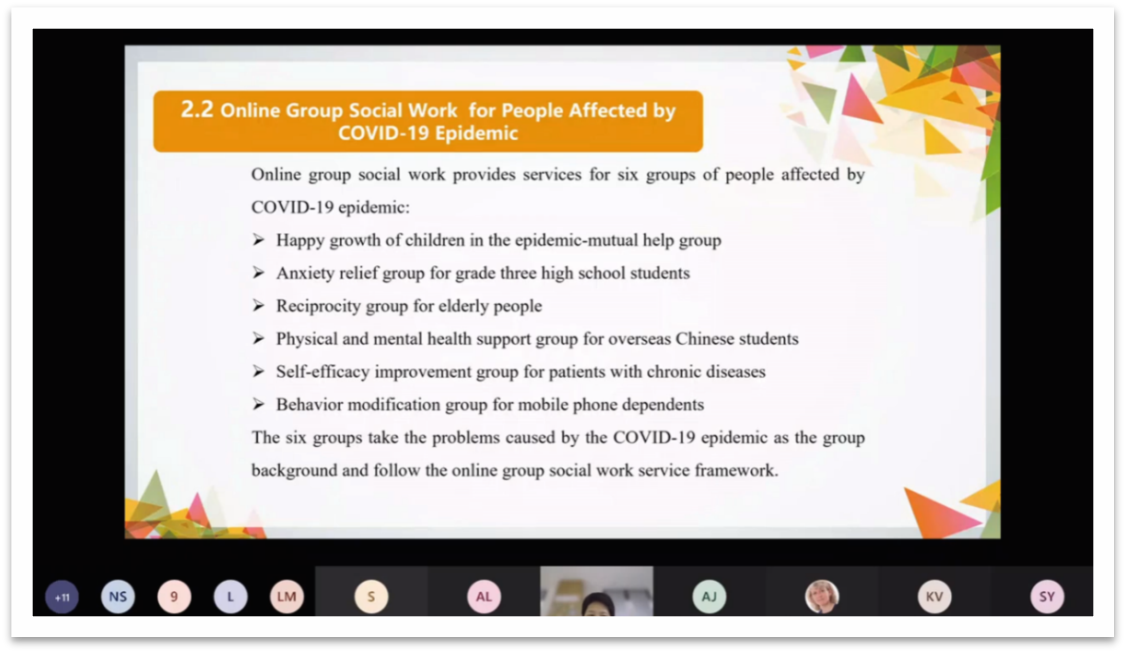
Finally, the summary and reflection part mainly summarized the advantages and disadvantages of online social work, which puts forward higher requirements for social workers, but also the service object, the lack of “face-to-face” closer contact, and this also puts forward higher requirements for the skills of “team member relationship”, which also means that our online social work needs further development.
After several professors' explanations, we have a deeper understanding of campus bullying and online group work. In each lecture, students also put forward a series of questions and comments on the differences between China and the United States in campus bullying, the essential methods to solve campus bullying, the multi-level solutions, and the cultural backgrounds of different countries or regions. Professors are pleased to have more direct exchanges and dialogues with students. Students said the two lectures provided helpful guidance for their future practice. At the same time, it was rare to exchange learning opportunities with students from multicultural backgrounds, hoping to gain more knowledge in the coming days.
Written by Shuling Hu (MSW student at SDU)
July 14, 2021




